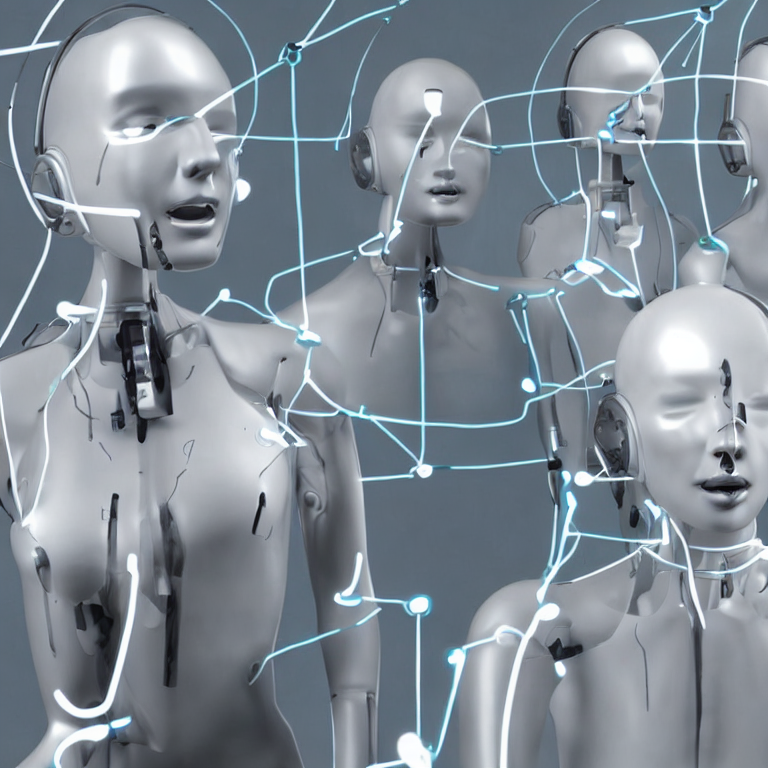Various AI tools and services can be used for different purposes. AI voice cloning tools like Murf, LOVO, Play.ht, Respeecher, and more, which can replicate human voices by analyzing voice samples.
These tools offer customization options to achieve the desired vocal tone. We also mentions other AI tools like Coqui, Veritone Voice, and Overdub, which generate realistic voices and provide pre-sampled voices or mimic uploaded voices. Additionally, it highlights the benefits of using AI voice cloning tools, such as having a voice-over artist available without extra costs. We also briefly mentions other AI-related topics like NLP text cleaning and preprocessing, neuromorphic computing, AI image generators, IT automation trends, and MLOps platforms.

CereProc: CereProc is a UK-based company specializing in text-to-speech technology. Their expertise lies in creating lifelike synthetic voices and speech synthesis systems. Strengths include a large portfolio of high-quality voices and a solid reputation for producing natural and expressive speech. However, weaknesses could include limited integration capabilities and the potential threat of new entrants offering more advanced technologies.
Replica Studios: Replica Studios is another UK company focused on voice cloning AI. They offer voice talent marketplace services and an AI-based platform to replicate voices. Strengths include diverse voice options and a user-friendly interface. However, competition from larger players with more resources could pose a threat, and the limited availability of certain languages and accents might be considered a weakness.
GPT-3 by OpenAI: Although not a UK-based company, OpenAI's GPT-3 has significant impact in the field of voice cloning AI. Its advanced natural language processing capabilities allow for text-to-speech synthesis that closely mimics human speech patterns. OpenAI's strengths include cutting-edge technology and a strong research base. However, the threat of regulatory scrutiny due to ethical concerns and potential misuse of this technology could be considered a weakness.
VocaliD: VocaliD offers unique voice cloning AI that creates custom synthetic voices by blending recordings from various speakers. Their strengths lie in providing personalized voices for individuals with speech impairments. However, limited voice options and potential limitations in terms of scalability could be considered weaknesses. Additionally, as VocaliD is primarily focused on the healthcare sector, expanding into other industries poses an opportunity.
Voicery by Descript: Voicery, developed by Descript, is an AI-powered speech synthesis platform. It offers a range of natural-sounding voices and flexibility for customization. Strengths include advanced deep learning algorithms and ease of use. However, competition from larger established players, such as Google's WaveNet, could be a potential threat. Also, a lack of diversity in available voices might be considered a weakness.
Modulate: Modulate focuses on voice modulation technology for virtual avatars and video games. Their system modifies users' voices in real-time to match a predefined character or alter vocal characteristics. Strengths include their technology's uniqueness, allowing for immersive experiences. However, limited application in other domains and the potential threat of new entrants entering the market could be weaknesses.
More about, search : voice cloning ai


